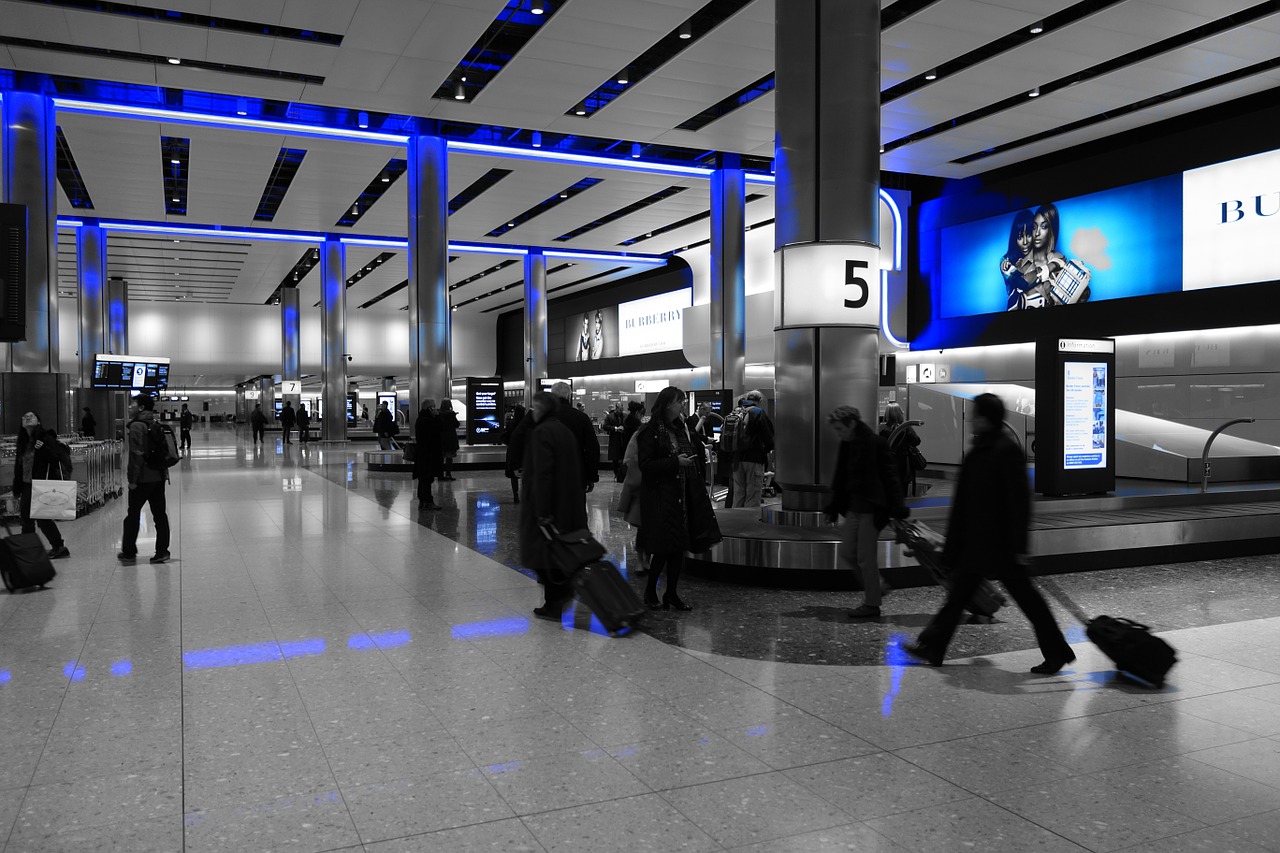Travelers, regardless of the means of transport (collective and individual, and crossing the border on foot) are subject to a 10-day entry quarantine, unless they meet one of the following conditions:
- are vaccinated with a full vaccination course (a vaccine authorized in the European Union or included in the list of vaccine counterparts authorized for marketing in the territory of the Republic of Poland, kept by the National Institute of Public Health PZH - National Research Institute), and 14 days have elapsed since the last dose of vaccination was given (counted from the day following the last dose). Vaccination is certified by the EU digital COVID certificate or other document in Polish or English confirming the vaccination.
- were infected with the SARS-CoV-2 virus (the so-called convalescents), no later than 6 months before the day of crossing the PR border. Reclamationists must present a document confirming the presence of the disease, issued in Polish or in English, including the EU digital COVID certificate,
- present a negative COVID-19 test result, certified by the EU digital COVID certificate or other document in Polish or English. The test must be performed not earlier than 48 hours before crossing the border,
- are children under 12 years of age traveling in the care of adults who are vaccinated against COVID-19 or tested negative for COVID-19,
- are subject to other exemptions listed in § 3 of the Regulation of the Council of Ministers of May 6, 2021 on the establishment of certain restrictions, orders and bans in connection with the occurrence of an epidemic.
Travelers who have been quarantined will be able to perform a test up to 48 hours after crossing the border, the negative result of which will release them from quarantine:
- Test type: RT-PCR or lab-performed antigen test.
- Tests are not publicly funded.
The above rules apply to people traveling from:
- European Union Member States: Austria, Belgium, Bulgaria, Croatia, Cyprus, Czech Republic, Denmark, Estonia, Finland, France, Greece, Spain, Netherlands, Ireland, Lithuania, Luxembourg, Latvia, Malta, Germany, Portugal, Romania, Slovakia, Slovenia , Sweden, Hungary and Italy
- 4 non-EU countries that belong to the Schengen area - Switzerland, Iceland, Norway and Liechtenstein,
- from Turkey, with which a special agreement has been concluded.
Location card
From July 17, a person crossing the state border of the Republic of Poland by plane - before checking in - fills in Traveler Location Card in electronic form in the ICT system, and if this is not possible - a paper-based traveller's location card provided by the cabin crew.
The data administrator is the state poviat sanitary inspector competent for the place of residence or stay of the traveler.
EU digital COVID certificate
The EU digital COVID certificate is issued by the Ministry of Health. A vaccination certificate is issued:
- in electronic form,
- in paper form;
- by providers of immunization against COVID-19,
- by a primary care physician or primary care nurse.
Detailed information about EU COVID Certificate.
Check on the website Border Guard, information on post-border quarantine.
Are you flying to Poland from abroad? Fill out a Traveler Location Card (KLP). It is a standard international document that is introduced in the event of an epidemic risk.
Source: gov.pl
Read our next article: Yes to the initiative - Rygge Airport reopening. This initiative took place on Friday ...


